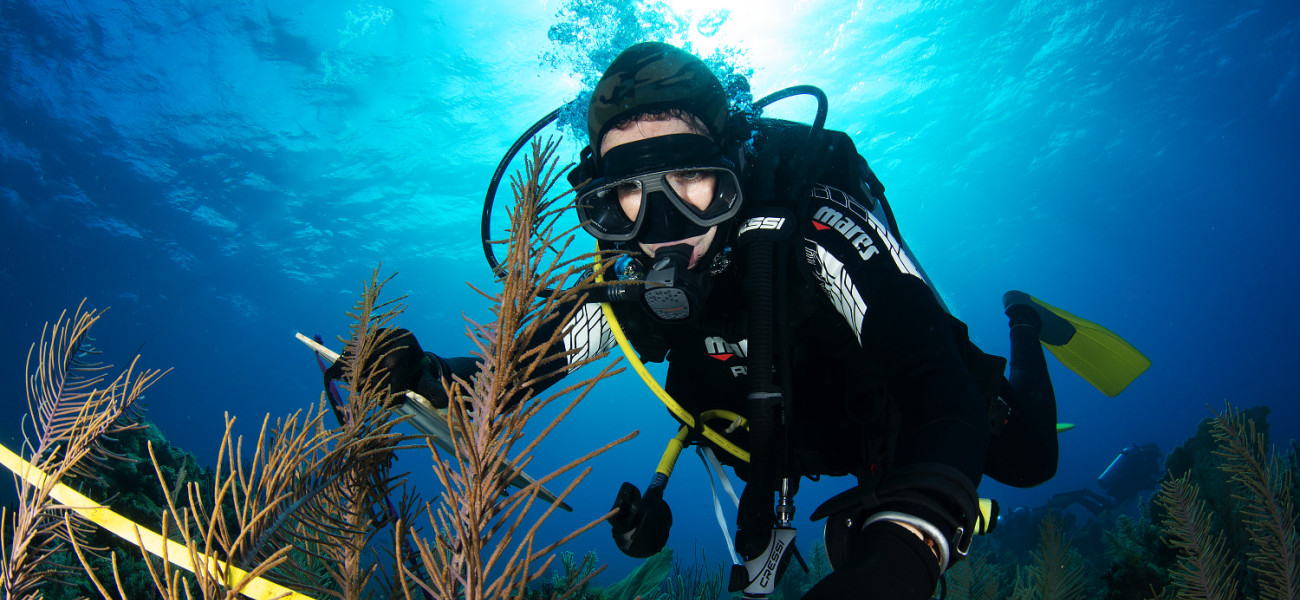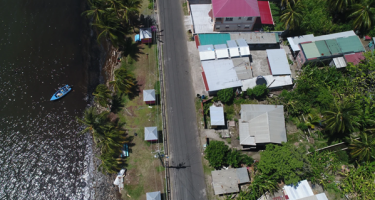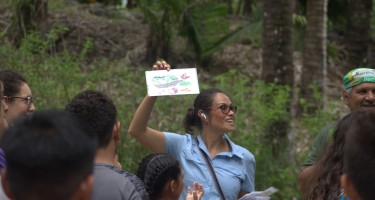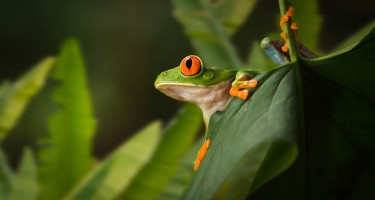Building Resilience of Vulnerable Coastal Communities in Cuba and the Dominican Republic
South-South Partnership on community engagement

© Noél López
Cuba and the Dominican Republic, if put together, are almost the size of the United Kingdom and host extensive coral, sea grass, and mangrove habitats. They also share the same threats, namely climate change and rampant coastal tourism. Coastal communities depend on these habitats for food and income. This population in both countries is often shut out of all-inclusive tourism jobs and is marginalized by their governments due to their remoteness.
“When two countries with such a large combined coastal area start working together, we can get a lot accomplished. This project gives a voice to young scientists and coastal communities and through scientific exchange their communities can innovate and share experiences to prepare for climate change”, expressed Fernando Bretos from The Ocean Foundation (TOF).
TOF, SECORE International, Grogenics, and their Cuban and Dominican partners received 1.9million USD in funding from the Caribbean Biodiversity Fund’s Ecosystem-based Adaptation Facility to employ nature-based solutions to rehabilitate coastal ecosystems affected by climate change. The project works to:
- Restoring functional hydrology to mangrove wetlands after years of degradation from traditional agricultural practices.
- Replenishing coral reef habitats by using novel larval propagation techniques, which ensure large-scale dissemination of polyps and genetic diversity.
- Mitigating large-scale Sargassum strandings by transforming this nuisance algae into compost for use by agricultural communities and agroforestry.
The ridge-to-reef approach engages local communities in planning and implementation and delivers benefits during and after completion of the project.
This project is a south-south partnership through which scientists and coastal residents are collaborating directly to solve their own problems with TOF and partners serving as a broker and trainer in new techniques. Small-scale farmers from the Dominican Republic and Cuba, for example, are sharing experiences on best techniques to collect and compost sargassum in their communities and sharing data on crop yields. > More information
- Country: Antigua and Barbuda, Cuba, Dominica, Grenada, Haití, Jamaica, Dominican Republic, Saint Vincent and Grenadines, Saint Lucia
- Project:
- Contact:
Fernando Bretos


